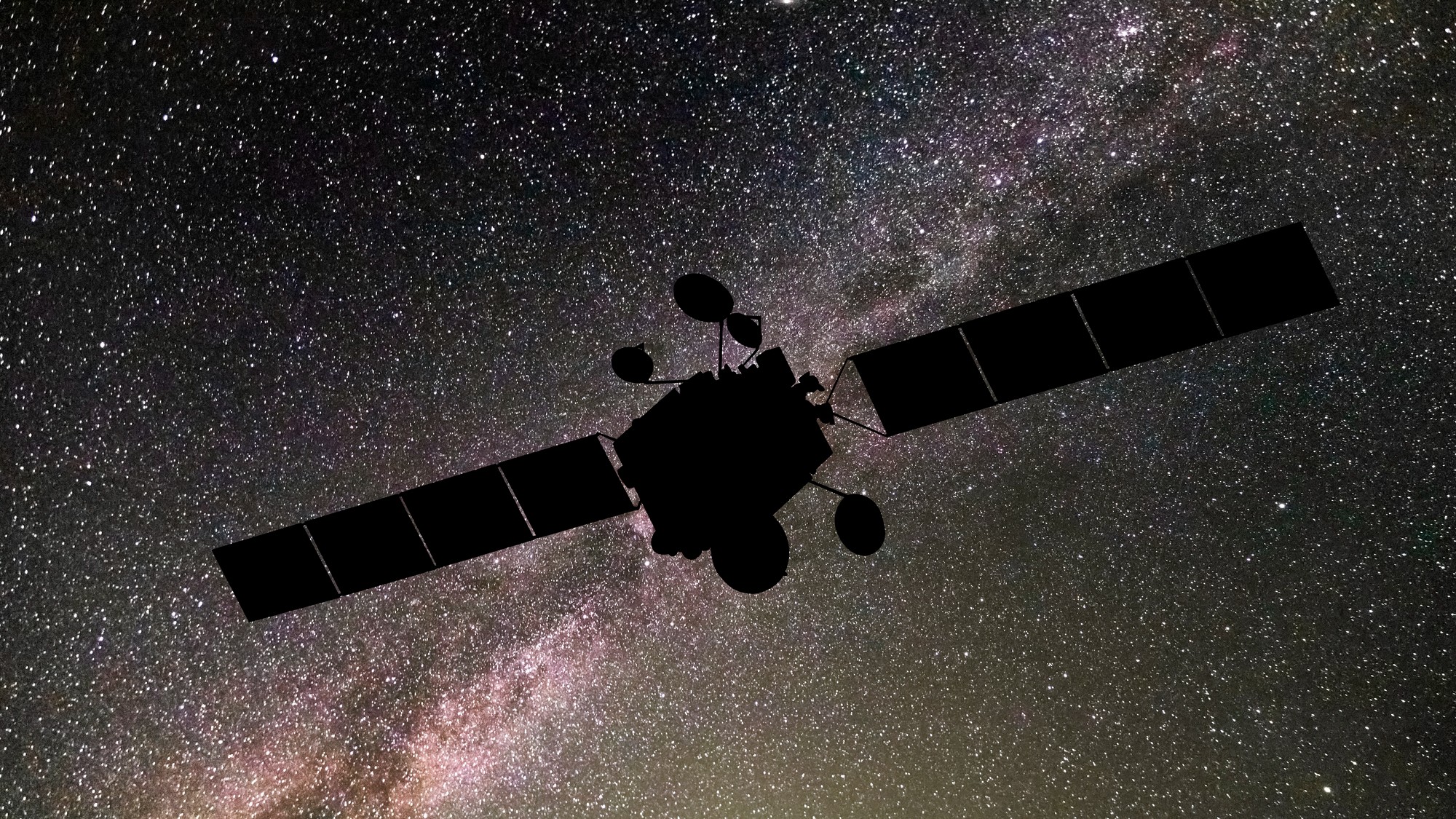Humans are polluting the upper atmosphere with flaming space junk
Experts are still unsure of the effects


A free daily email with the biggest news stories of the day – and the best features from TheWeek.com
You are now subscribed
Your newsletter sign-up was successful
Frequent satellite launches may leave scars in the atmosphere, according to a new study published in Proceedings of the National Academy of Sciences. A team of atmospheric scientists flew a NASA aircraft over Alaska, sampling the stratosphere. They found traces of lithium, aluminum, copper and lead in higher quantities than what would be produced naturally. "We are finding this human-made material in what we consider a pristine area of the atmosphere," Dan Cziczo, one of the authors of the study, said in a statement.
Experts have long believed that the world has a space junk problem. There have been a number of instances in which pieces of space junk fell to the surface of the Earth, injuring people, or disrupting space stations and space crafts. This research suggests that burning, disintegrating space junk and returning rockets are also polluting the crucial layer of atmosphere that holds the Earth's ozone shield.
This is "the first observational evidence that space activities are a very significant source of particulate pollution to the stratosphere," Slimane Bekki, an atmospheric scientist at the French research laboratory LATMOS, told Popular Science. And experts don't know how space junk pollution will affect the stratosphere or the planet below it.
The Week
Escape your echo chamber. Get the facts behind the news, plus analysis from multiple perspectives.

Sign up for The Week's Free Newsletters
From our morning news briefing to a weekly Good News Newsletter, get the best of The Week delivered directly to your inbox.
From our morning news briefing to a weekly Good News Newsletter, get the best of The Week delivered directly to your inbox.
"If something is changing in the stratosphere — this stable region of the atmosphere — that deserves a closer look," Czizco said. Scientists are concerned that the particulates could damage the ozone layer, though the effects of the pollution are still unknown. "What this research shows us is that the impact of human occupation and human spaceflight on the planet may be significant," he continued.
Realistically, "the only way for these particles not to appear in the upper atmosphere is for the satellites not to be launched in the first place," Jamie Shutler, an atmospheric scientist at the University of Exeter, told Popular Science.
A free daily email with the biggest news stories of the day – and the best features from TheWeek.com
Devika Rao has worked as a staff writer at The Week since 2022, covering science, the environment, climate and business. She previously worked as a policy associate for a nonprofit organization advocating for environmental action from a business perspective.
-
 Political cartoons for February 19
Political cartoons for February 19Cartoons Thursday’s political cartoons include a suspicious package, a piece of the cake, and more
-
 The Gallivant: style and charm steps from Camber Sands
The Gallivant: style and charm steps from Camber SandsThe Week Recommends Nestled behind the dunes, this luxury hotel is a great place to hunker down and get cosy
-
 The President’s Cake: ‘sweet tragedy’ about a little girl on a baking mission in Iraq
The President’s Cake: ‘sweet tragedy’ about a little girl on a baking mission in IraqThe Week Recommends Charming debut from Hasan Hadi is filled with ‘vivid characters’
-
 Nasa’s new dark matter map
Nasa’s new dark matter mapUnder the Radar High-resolution images may help scientists understand the ‘gravitational scaffolding into which everything else falls and is built into galaxies’
-
 Moon dust has earthly elements thanks to a magnetic bridge
Moon dust has earthly elements thanks to a magnetic bridgeUnder the radar The substances could help supply a lunar base
-
 How Mars influences Earth’s climate
How Mars influences Earth’s climateThe explainer A pull in the right direction
-
 The ‘eclipse of the century’ is coming in 2027
The ‘eclipse of the century’ is coming in 2027Under the radar It will last for over 6 minutes
-
 NASA discovered ‘resilient’ microbes in its cleanrooms
NASA discovered ‘resilient’ microbes in its cleanroomsUnder the radar The bacteria could contaminate space
-
 Artemis II: back to the Moon
Artemis II: back to the MoonThe Explainer Four astronauts will soon be blasting off into deep space – the first to do so in half a century
-
 The mysterious origin of a lemon-shaped exoplanet
The mysterious origin of a lemon-shaped exoplanetUnder the radar It may be made from a former star
-
 The 5 biggest astronomy stories of 2025
The 5 biggest astronomy stories of 2025In the spotlight From moons, to comets, to pop stars in orbit
